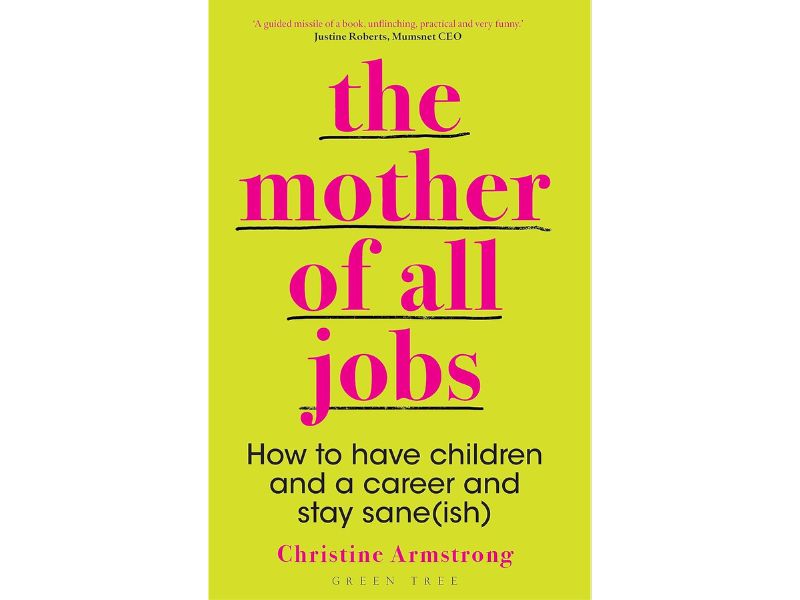
The rising cost of living is a concern that transcends geographical borders and affects people around the world. It is a multifaceted issue with far-reaching implications for individuals and communities. As the prices of essential goods and services continue to climb, many individuals and families find it increasingly challenging to make ends meet.
One of the most immediate and pressing consequences of the rising cost of living is the strain it places on household budgets. Necessities such as housing, food, healthcare and education have become more expensive, leaving people with less disposable income for savings, investments or leisure activities. This financial stress can lead to a reduced quality of life, increased debt burdens and a growing sense of insecurity about the future.
Moreover, the rising cost of living can exacerbate income inequality. Low-income individuals and families often bear the brunt of these cost increases, as a larger percentage of their income is devoted to essential expenses. This can further widen the wealth gap within societies, creating social unrest and disparities in access to opportunities and resources.
The economic implications of the rising cost of living extend beyond the individual level. It can lead to decreased consumer spending, which can in turn affect businesses, potentially leading to layoffs and economic downturns. Additionally, governments may struggle to address the needs of their citizens, as they face increased pressure to provide affordable healthcare, education and social services.
One of the root causes of this issue is inflation, which is often driven by a variety of factors, including fluctuations in the global economy, supply chain disruptions and government policies. Tackling the rising cost of living requires a comprehensive approach, involving both short-term relief measures and long-term structural changes. Governments may need to implement policies to stabilise prices, increase access to affordable housing and support wage growth to alleviate some of the burdens on households.
Conversely, individuals can adopt strategies such as budgeting, investing wisely and seeking out educational and career opportunities that can lead to higher income potential. Communities and organisations can also play a role by offering support networks, and financial literacy programs and advocating for economic stability and fairness policies.
While you may not have direct control over certain economic factors, there are several strategies you can employ to manage your expenses and make the most of your financial situation:
Budgeting: Create a detailed budget that outlines your monthly income and expenses. This will help you track where your money is going and identify areas where you can cut back or reallocate funds.
Emergency fund: Build and maintain an emergency fund to cover unexpected expenses like car repairs. Having a financial cushion can prevent you from going into debt when unforeseen costs arise.
Reduce debt: High-interest debt, such as credit card balances, can drain your finances. Make a plan to pay down your debts, starting with the highest interest rate first.
Save and invest: If possible, set aside a portion of your income for savings and investments. This can help you grow your wealth over time and provide a safety net for the future.

Live within your means: Avoid overspending on non-essential items. Make conscious choices about your spending and prioritise needs over wants.
Cut costs: Look for ways to reduce your regular expenses. This may include renegotiating bills, shopping for lower-cost alternatives or finding discounts and vouchers.
Increase income: Explore opportunities to increase your income, such as taking on a part-time job, freelancing or pursuing higher-paying career options.
Education and skill building: Invest in your education and skill development to enhance your earning potential. Consider acquiring new skills or certifications that can lead to better-paying job opportunities.
Housing: Housing costs are a significant portion of most budgets. Consider downsizing or relocating to a more affordable area if housing expenses are a major concern.
Transportation: Evaluate your transportation expenses. Can you use public transit, carpool or bike instead of relying solely on your car? This can save money on fuel, insurance and maintenance.
Health care: Review your health insurance plan and explore options for reducing healthcare costs. Consider preventative measures to maintain good health and avoid expensive medical bills.
Shop smart: Be a savvy shopper by comparing prices, looking for sales and discounts and buying in bulk when it makes sense.
Financial education: Continuously educate yourself about personal finance. Understanding how to manage your money effectively is a powerful tool for navigating rising costs.
Seek help: If you’re struggling to make ends meet, explore government assistance programs, community resources or financial counselling services that can provide guidance and support. Links are below.
The rising cost of living is a global concern that touches the lives of millions. It impacts individuals’ financial wellbeing, exacerbates income inequality and has far-reaching economic and social consequences. Addressing this issue requires a collaborative effort from individuals, communities and governments to ensure that the basic needs of all citizens are met and opportunities for a better future are accessible to everyone. Regardless of their socio-economic background.
Further help and support can be found below.
GOV | Citizens Advice | Money Helper | Help for Households | Turn2Us | Entitled To








